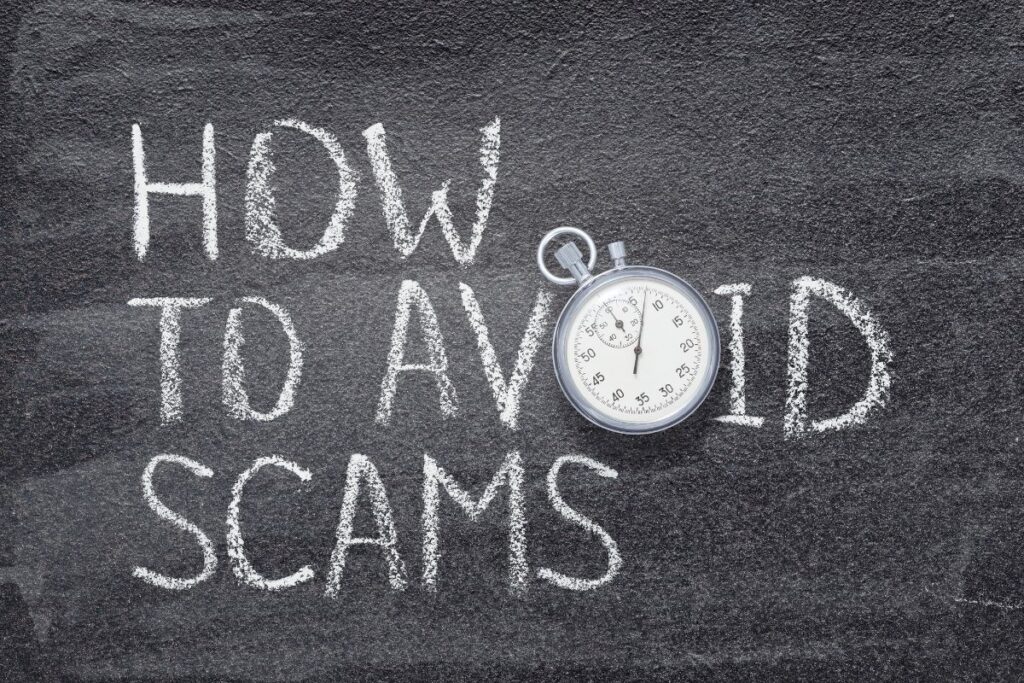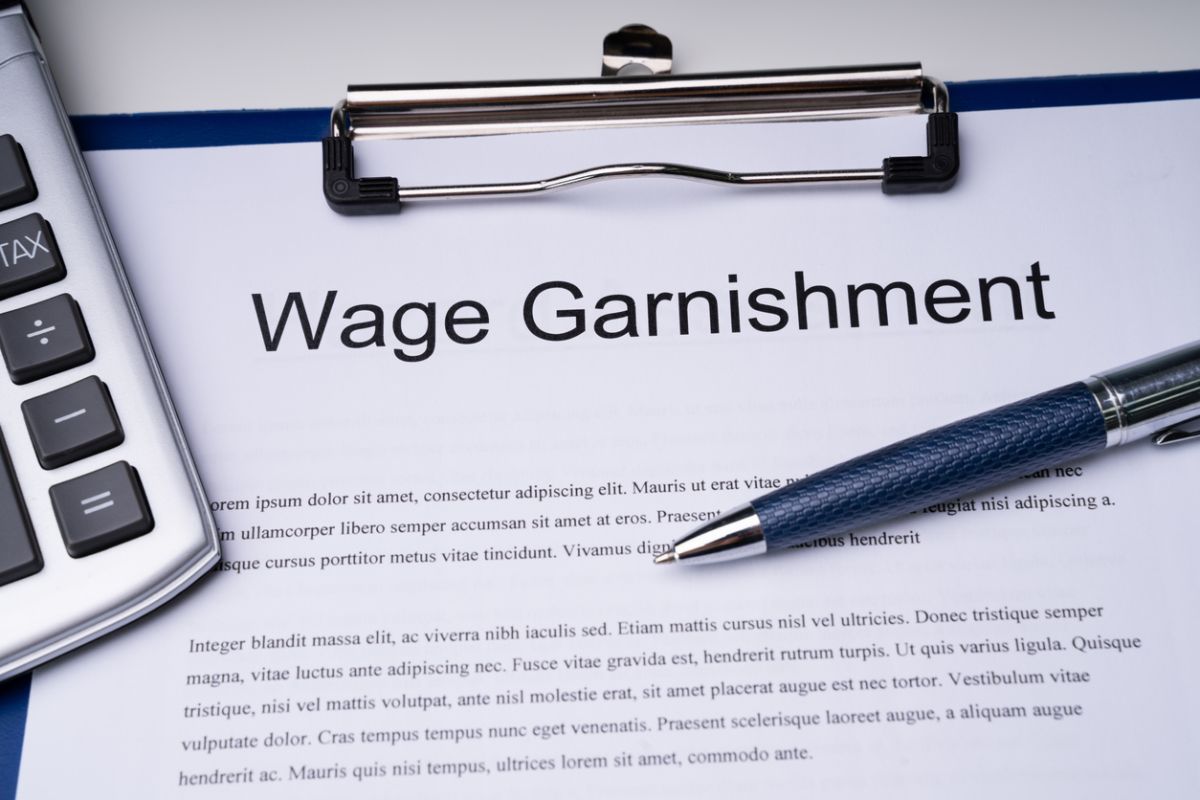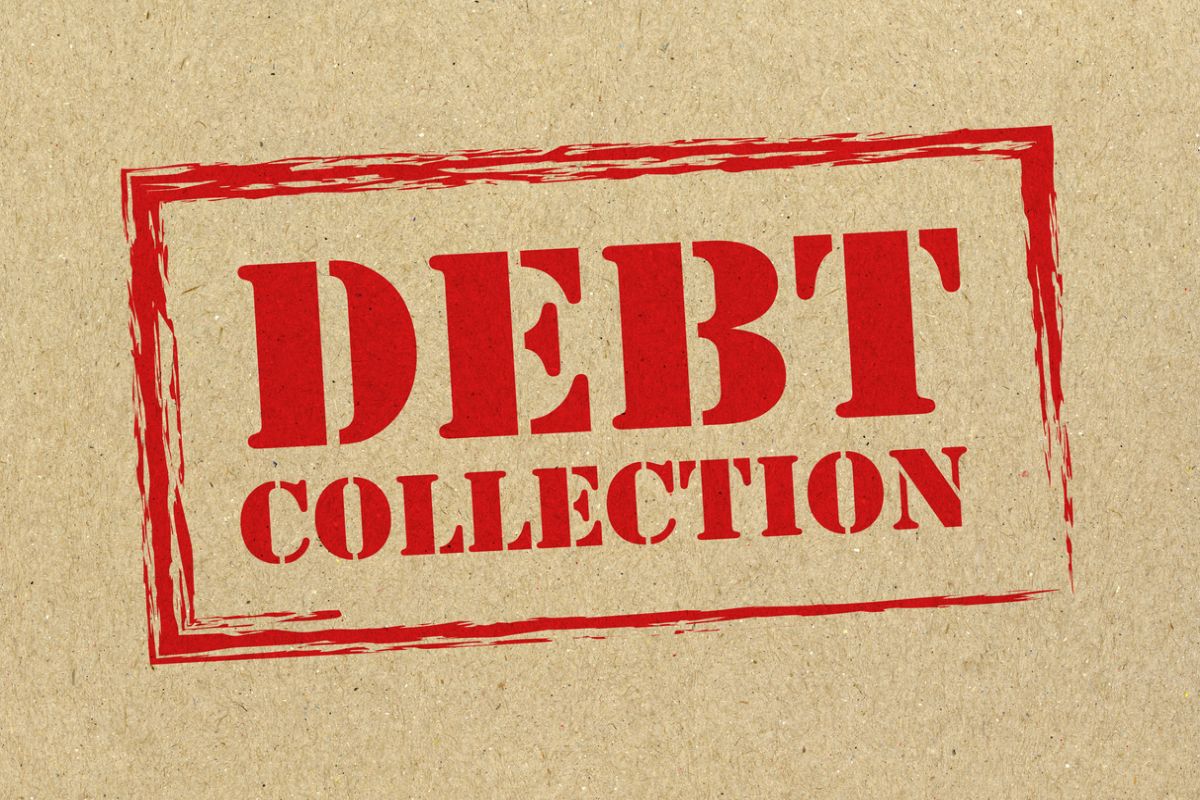Debt collectors are often very aggressive in pursuit of their goals. After all, their companies don’t earn anything without collecting as much unrecovered debt as possible. Debt collection scams often walk the line or even cross it into bullying or manipulative activity.
In 2021 alone, the Federal Trade Commission (FTC) received over 77,000 consumer reports of debt collectors using abusive and threatening tactics, or trying to collect false debts – this was an increase of 45% over 2020. Plus, the new federal rule change that took effect in November 2021 allowing debt collectors to contact consumers by email, text and social media (as well as by phone) only opens new routes for harassment and debt collection scams.
Common Debt Collection Scams
How can you recognize debt collection scams in Tennessee? Be aware of your rights as a consumer, even one who owes a debt, and learn the common tactics scammers use to try and trick, manipulate or frighten the unwary. Never pay a debt you are not sure you owe.
Here are some of the most common debt collection scams:
- Calls (and now emails, texts or social media direct messages) claiming that you owe an unfamiliar or unrecognized debt.
- The debt collector threatens your arrest if a debt is not paid immediately.
- The debt collector demands immediate payment without time for investigating the debt further.
- The debt collector requires you to make payment using a wire transfer, prepaid debit card or gift card instead of more traditional means.
The Consumer Financial Protection Bureau (CFPB) says these and other manipulative or unusual tactics are signs of an illegitimate debt collection process and are likely signs of debt collection scams.
How Can You Protect Yourself Against Debt Collection Scams?
Here are some good practices to remember that can protect you against debt collection scams in Tennessee. Remember these dos and don’ts when dealing with a debt collector:
- Do insist on getting the debt collector’s name, company, address, phone number and professional license number. Record this information for future reference.
- Do demand all the information about the debt in question. Federal law requires that debt collectors provide you with a written validation notice specifying how much you owe, the name of the original creditor and how to challenge the claim.
- Do check your credit report after receiving notice of a previously unknown debt. If the debt was never reported as in default on your credit report, it wouldn’t likely have been turned over to a collection agency. This is a good sign of a debt collection scam.
- Do perform an Internet search using the suspicious debt collector’s information, including the phone number from which they called, an email address or other contact or business information. You may discover reports from other consumers that it is a scam collection agency.
- Don’t share any personal information to someone who claims to be a debt collector, especially any of your financial information.
- Don’t discuss the debt with anyone that contacts you. Demand that you receive a legally required written notice first. Under the Fair Debt Collection Practices Act (FDCPA), a debt collector must provide specific information about your debt within five days of contacting you. The purpose of the letter or email is to give information that can help you determine if the debt is yours and how you can dispute the collection if it is not.
- Don’t respond to threats. Even responding in anger may cause you to slip and reveal some information they can use against you. Simply hang up the phone or ignore the contact and begin your own investigation of the supposed debt.
- Don’t ever make a payment in haste simply to get a debt collector to leave you alone. Take the necessary steps to verify the debt first.
Get Help in Tennessee with Debt Collection Scams
If you have been contacted about a suspicious debt, you should report the contact to the appropriate authorities. A Debt Protection Attorney in Memphis can help if you have already paid a debt collector and you believe it was a scam. Contact Fitzgerald & Campbell, APLC today to schedule a consultation about debt collection scams and learn more.






